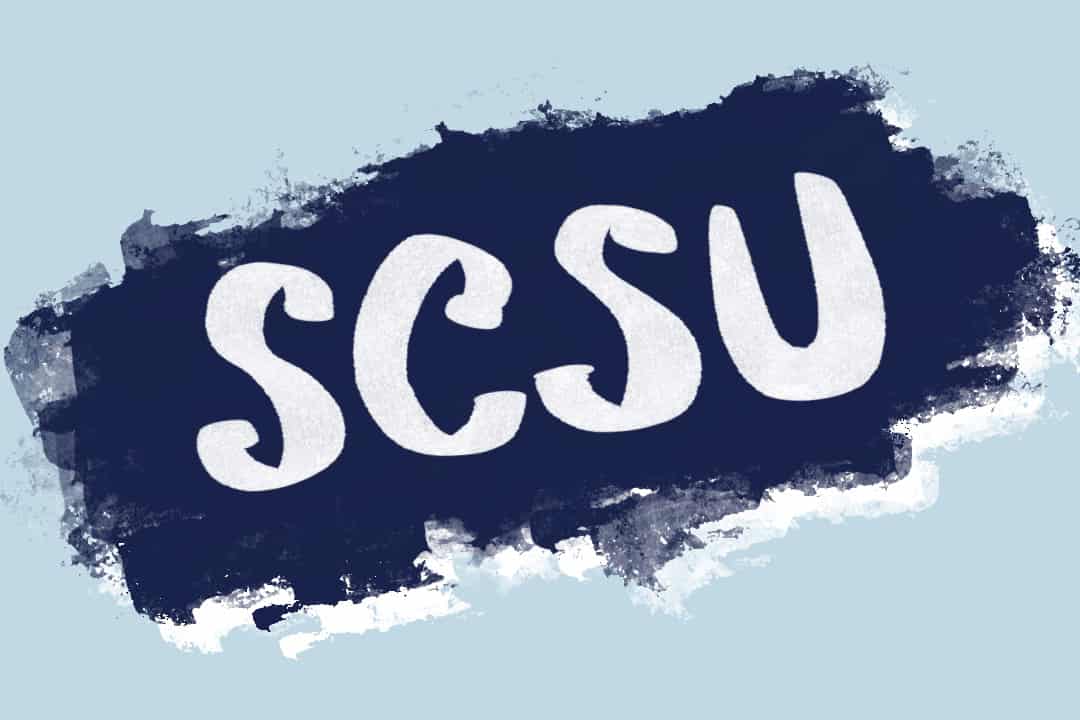With winter semester here and spring fast approaching, one upcoming event that will shape the outcome of student life on campus is the SCSU election.
Despite the importance of these elections, the steady decrease in student election turnout over the last few years indicates that students at U of T may not be interested in student politics or elections. We must evaluate why this disconnect between students and campus politics exists so we can address the underlying issues and increase student engagement.
Why is voting in student elections important?
Participation in student elections is important because as students, we need an organization that both has our best interests in mind and operates independently from the university. Channelling independent voices collectively through the student union is important to hold the university accountable and protect each and every student.
Students — or youth in general — make up one of the largest cohorts in Canada; yet we are often overlooked and our needs are pushed aside by public officials. For example, over the past several decades, public higher education has been underfunded by the government. Consequently, student tuition and donations are primarily used to maintain universities in Ontario.
With that being said, student politics and student union elections are more important than one might think. The specific actions taken by student unions, also known as campaigns, play an important role in improving the quality of student life at U of T by lowering fees, increasing access to mental health services, and building a more sustainable campus.
Despite the integral role campaigns play in improving student life, campaigns are often forgotten and undervalued. Unions work to uphold these campaigns to fruition, and advocate for student interests.
The work of student unions is not simply about improving the quality of campaigns, but also about representing the voices of students beyond the campus. Student unions represent us not only to university governing bodies, but also on provincial and federal levels. As such, the more students that vote in elections, the more students that will have their voices heard on multiple levels of decision making.
Diversity, however, is not the only benefit of participation. The more students that vote in elections, the more potential students have to change the people in office. Many students often choose not to vote in student union elections because of the common misperception that the proceedings are ‘undemocratic’ and act like a social clique. However, the decision not to engage in elections is counterproductive because students cannot change the people in office without voting.
Every student pays incidental fees toward their student union regardless of if they participate or not. Not voting in student elections, despite paying student union fees, is similar to paying taxes without voting. While low voter turnout rates are not a problem unique to student unions — federal, provincial and municipal elections are all seeing declining rates of voter turnout — it is still important to understand that low voter turnout is a critical issue. We all pay to have a student union and we all have the right to participate, and we will not have a robust and dynamic student union without voting in student elections.
Why run as a candidate in student union elections?
While engagement in student union elections as voters is integral, I see the need for increased engagement in candidacy for elections as well. Student unions have a bad reputation that stems from past contentious elections. However, student union elections represent an integral democratic process. Elections are where students can voice their concerns and discontent with the candidates or the operations of the student union. While it is fine to express your discontent with student unions, not acting to improve the state of student unions is a problem.
As students, we all have aspirations of what U of T should look like and how student unions should run; yet, few students take the ambitious leap to run in student elections. Without running, even the most passionate students will only leave space for other students to take leadership roles and the vicious cycle of discontent with the state of student politics may continue.
I believe that students must understand how one vote could change the outcome of an election. One vote could determine the student experience of the entire school year, if not many years to come. The future of the student body, the future of your own time here at U of T, is in your hands, your ballot. We as a collective need to participate because if not us, who? If not now, when?
Thai Dillon Higashihara is the vice president external at the SCSU.


